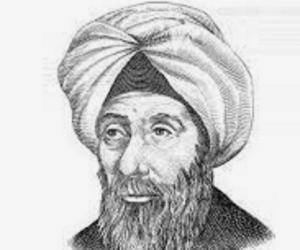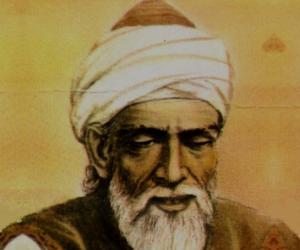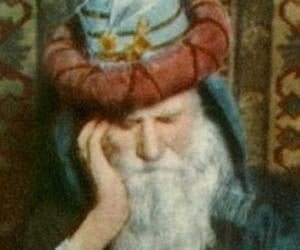Omar Khayyam was a Persian polymath, mathematician, philosopher, astronomer, and poet. In the field of mathematics, he is best known for his work on the classification and solution of cubic equations. As an astronomer, he designed a solar calendar known as the Jalali calendar. His philosophical attitude towards life had elements of pessimism, nihilism, Epicureanism, and fatalism.

Maryam Mirzakhani was an Iranian mathematician best remembered for her innovative methods and research involving different branches of mathematics like symplectic geometry and ergodic theory. On 13 August 2014, she became the first Iranian and only woman to date to be honored with the prestigious Fields Medal. Maryam Mirzakhani died of breast cancer when she was 40 years old.

Al-Karaji was a Persian engineer and mathematician who flourished in 10th-century Baghdad. His algebra work al-fakhri fi al-jabr wa al-muqabala, which is extant in at least four copies from the medieval era, is among the most widely studied work by historians. The importance of his work was recognized only in the mid-1800s by German mathematician and historian Franz Woepcke.

Abu al-Wafa' Buzjani was a Persian astronomer and mathematician best remembered for his significant contribution to spherical trigonometry. He is credited with using negative numbers, which were unheard of at that time, in one of his arithmetic works. Abu al-Wafa' Buzjani is also credited with introducing the secant and cosecant functions in trigonometry.


